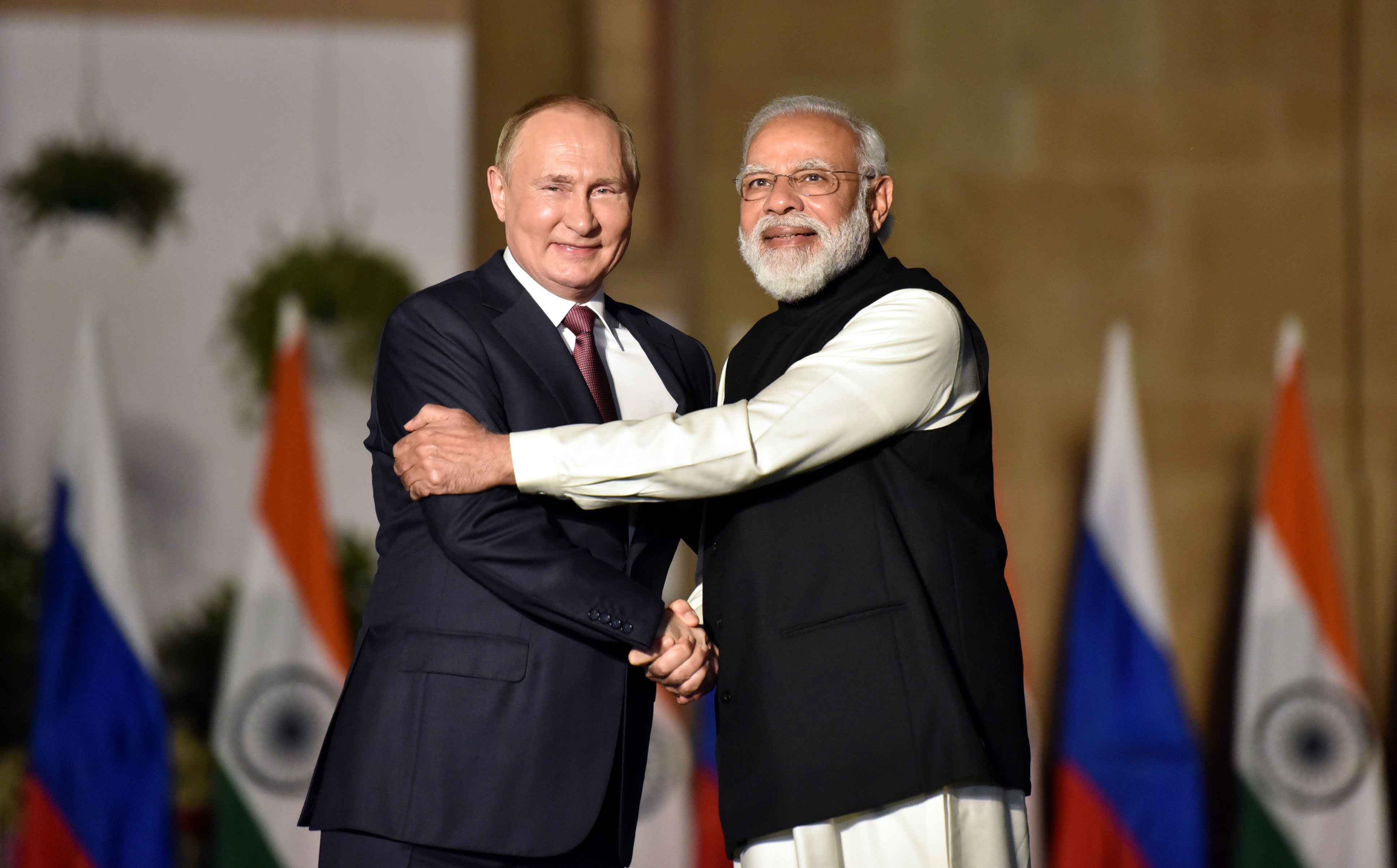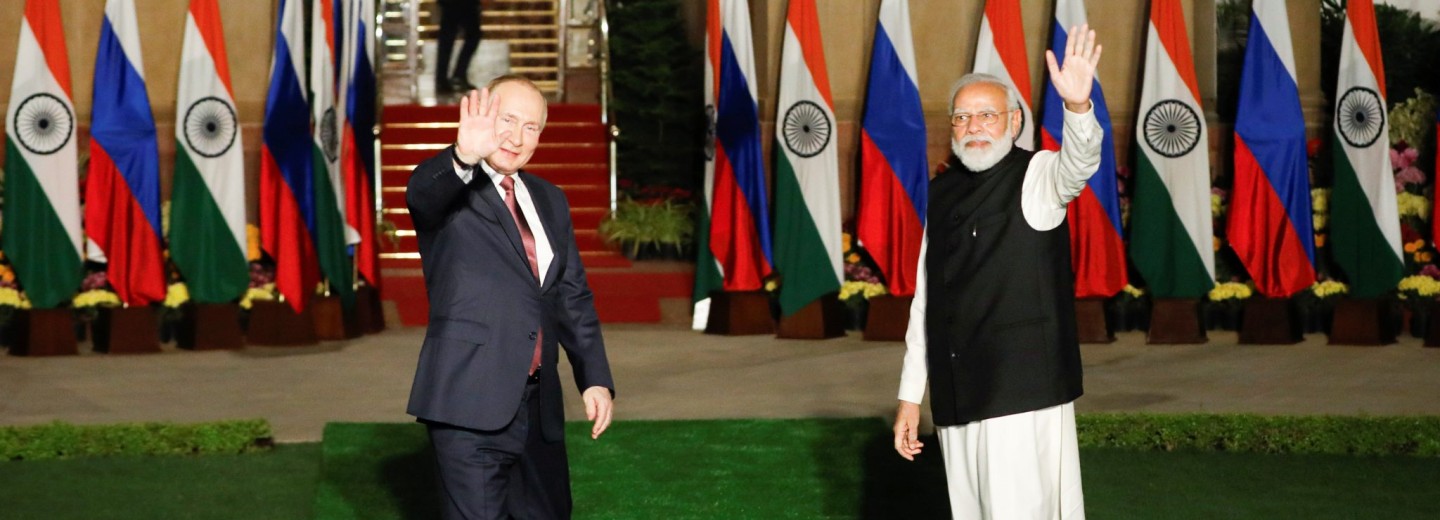China news 18th April 2022
In the China News this week, we start off with an article by historian, Martin Jacques who writes regularly about China. Writing in Huanqiu, he points out that the world is by no means united in its opinions about the Russia/Ukraine war.
Most Westerners assume that with a few exceptions, the world strongly opposes Russia’s military operations in Ukraine. The West itself, including most European countries, seems to be condemning it with one voice. But worldwide, the situation is much more complicated. At the United Nations General Assembly on 3 March, although 141 countries condemned Russia and called for immediate withdrawal, 35 countries abstained and 5 voted against it. In the recent vote to exclude Russia from the United Nations Human Rights Council, 93 countries voted in favour, 58 abstained, and 24 countries opposed it.
Although many countries are obviously deeply worried about Russia’s actions, there is also widespread concern about the position of the United States. The most interesting and perhaps the most important case so far is India. Considering India’s Westernization over the past two decades, one may think that India will strongly support the United States. But on the contrary, India has always been the main critic of the role of the United States, while maintaining its support for Russia. India has abstained from voting in major United Nations votes. Since China and India alone account for 38% of the global population, governments accounting for nearly half of the world’s population are deeply disturbed by the position of the United States.

There are two reasons. Firstly, many developing countries, including India, oppose the view that a country, in this case, Ukraine, can do whatever it wants, even if it threatens the security of another country, in this case Russia. Secondly, the weaponization of sanctions as a new form of war is widely regarded as a very negative direction. Based on the vaguest wording, the United States has assumed the right to act in any way against any country it believes continues to trade with Russia. However, the most important priorities of developing countries are the right to trade and the right to receive investment from anywhere. The sanctions imposed by the United States threaten such freedoms. Surprisingly, the vast majority of developing countries refuse to impose sanctions on Russia. In Asia, only Japan, South Korea and Singapore agreed to impose these sanctions.
India’s relations with Russia date back to the 1950s. India believes that Russia is a very important economic partner, a major arms supplier, and a long-term friend. Despite the strong lobbying of other countries such as the United States and the United Kingdom, India still refuses to support the United States’ position on Russia. Will this prove to be an isolated event, or will it mark a major turning point in India’s attitude towards the United States? India’s comments on its foreign policy have changed significantly, and many people question whether India is too close to the United States and whether it should return to a more traditional neutral position.
I think the importance of India’s future in the world has been seriously ignored. By 2050, if not earlier, the relationship between China and India will be one of the most important, and perhaps even the most important. Unfortunately, relations between China and India have been unstable since the border conflict in 1962. There are many reasons for this, including their huge cultural differences, which make it difficult for them to understand each other. Undoubtedly, the most controversial issue is the long-standing border dispute between the two countries. If China and India can find a way to ease the current tensions, or better find a way to reach a final solution, the biggest obstacle to establishing a closer relationship between China and India will be removed.
Looking at the war in Ukraine from a global rather than a narrow European or Western perspective can provide very different insights. Developing countries, which make up most of the world’s population, have a clear different view on this issue from those in Europe. Their reaction to the United States is equally worried, if not more. People are very concerned that the war has brought the United States closer to Europe, but little attention is paid to India’s growing distance from the United States and what it may mean for the future. I can even imagine that this may lead to limited forms of cooperation between China, India and Russia.
Source: opinion.huanqiu.com.
Our second clip from the China News this week justifies China’s zero-COVID policy.
The Omicron variant is ravaging around the world, with low mortality and many mild and asymptomatic infections, which seems to support the relaxed epidemic prevention policies of some countries. China adheres to a “dynamic zero” epidemic prevention policy. In the face of the differences in epidemic prevention measures between China and abroad, especially the economic, living, and other inconvenience caused to individuals and regions by strict epidemic prevention policies, some people have raised ideological doubts, misunderstanding and even resistance to China’s national epidemic policy. Therefore, it is necessary to explain the scientific effectiveness and operability of the “dynamic zeroing” policy from the perspective of epistemology and methodology.

This COVID-19 epidemic must not be equated with other known epidemics, such as influenza. COVID-19 is a brand-new virus, and human beings don’t know enough about it at present. COVID-19 has three characteristics: first, it has super self-mutability and transmission power, and the new mutant strains have not evolved based on the original mutant strains. We don’t know whether COVID-19 will suddenly become a faster and more vicious strain; second, humans can repeatedly infect different mutant strains, but repeatedly infect. It is not known whether it will lead to an increase in severe and mortality. Third, little is known about possible complications and sequels after contracting COVID-19. Some studies have found that infection will cause harm to the nervous system and reproductive system.
Compared with the epidemic prevention policies of some countries, China has no other way but “dynamic zero”. Zero tolerance is a methodological problem. The party and the government believe they can control and eliminate the COVID-19 epidemic in a specific time and place through certain proactive interventions.
The second level of dynamics are two variables: the time span of virus transmission and the number of infected people in a region. Practical experience shows that active controls, coupled with extensive vaccination and effective drug treatment, can shorten the transmission time of the virus and reduce the number of infected people. At present, vaccines cannot form a complete and continuous protection of the vaccinated population, and there are no specific drugs for treatment. The continuous mutation of COVID-19 makes the effectiveness of vaccines and drugs uncertain. Therefore, active zeroing is the only effective way to reduce the transmission time and reduce the number of infected people.
(The authors are the chief physician and professor of Peking Union Medical College Hospital and associate professors of the School of Marxism of Tsinghua University.
Source: opinion.huanqiu.com.
Here Huanqiu quotes a Turkish Daily Morning Post article on April 12, original title:Global culture shifts from the United States to China?
At present, the United States is regarded as a loser, while China is the winner. The competition between the two countries is almost a legend. After the end of World War II, the American way of life was promoted. We have all learnt something from American culture, from politics, economy to daily practice. American culture has affected all of us in some way.
Cultural and linguistic communication is regarded as an important element of an influential power. The spread of English around the world is an excellent example of cultural and linguistic influence. China’s outstanding performance in various fields fascinates people all over the world. China’s achievements in trade, innovation, science and technology are like magnetic fields, which arouse people’s curiosity. Therefore, it is necessary to briefly analyse how Chinese culture competes with American culture on the world stage.
American culture goes to the world with its ideological and political stance. The global political recognition of American values has paved the way for deeper cultural exchanges between Americans and other countries. We still like to watch Hollywood’s screen heroes. American food chains have opened all over the world. American hamburgers are one of the most popular foods in the world. In addition, English is the main international language.

On the other hand, Chinese culture is now global through its scientific and technological progress, which is an overwhelming factor compared with ideological and political positions. The main reason is that there are many people learning Chinese. Nearly 100 universities around the world teach Chinese courses, and about 600 Confucius Institutes around the world promote Chinese culture to millions of people.
If we start to see Chinese heroes saving the world in a movie one day, we should not be surprised. In a recent film, a Chinese actor played a game with America’s greatest boxer. From a psychological point of view, the message to the audience is that the two sides are equally powerful. In my opinion, people recognize this change, are curious about Chinese culture, and welcome China’s scientific and technological innovation.
Will China surpass the United States culturally? Will the American dream one day become a Chinese dream? In addition to the spread of language, China’s global cultural influence does not seem to be as rapid as that of the United States.
However, we can say that this is only a preliminary cultural change. We may not see those who wear and think in the Chinese way, but we can see that more people like to use Chinese technology products and learn Chinese. If more and more people learn Chinese, the cultural interaction between China and other countries will become more attractive. The result of this interaction may bring some new phrases and slogans in globalization.
Source: oversea.huanqiu.com.
Worked on the article:

Wanlikhang





